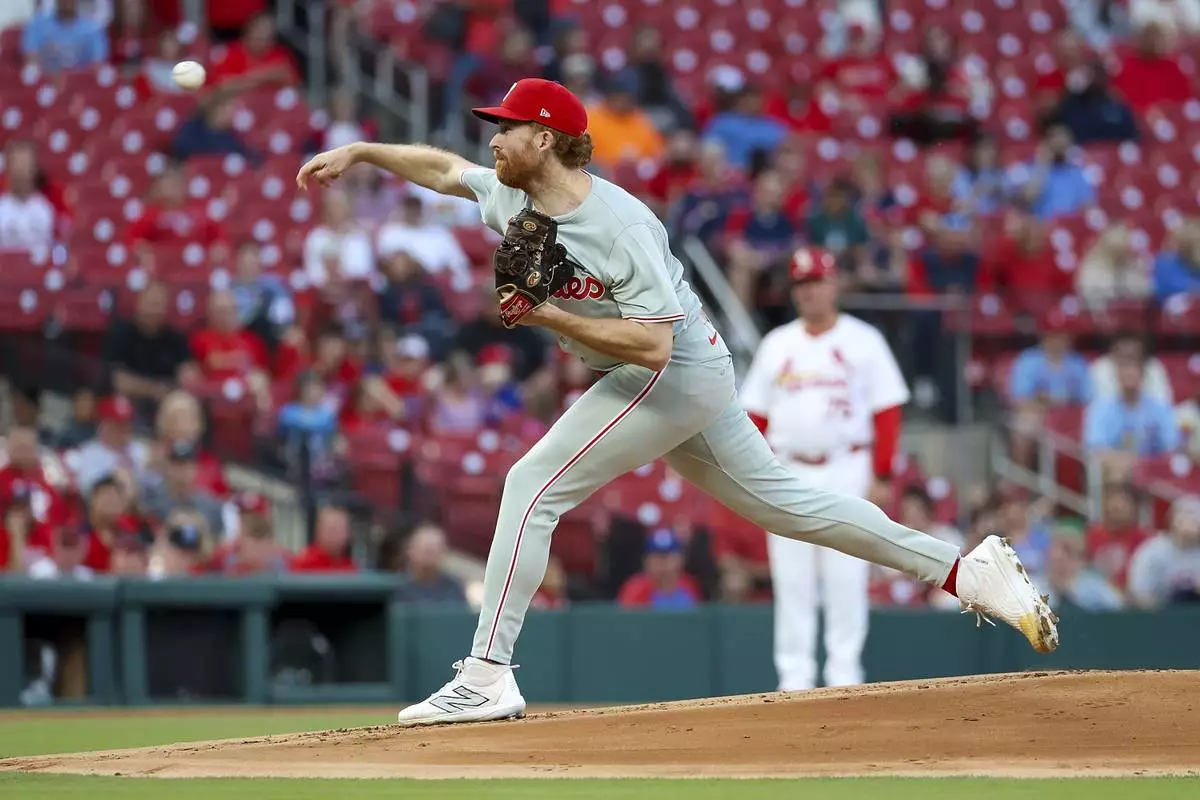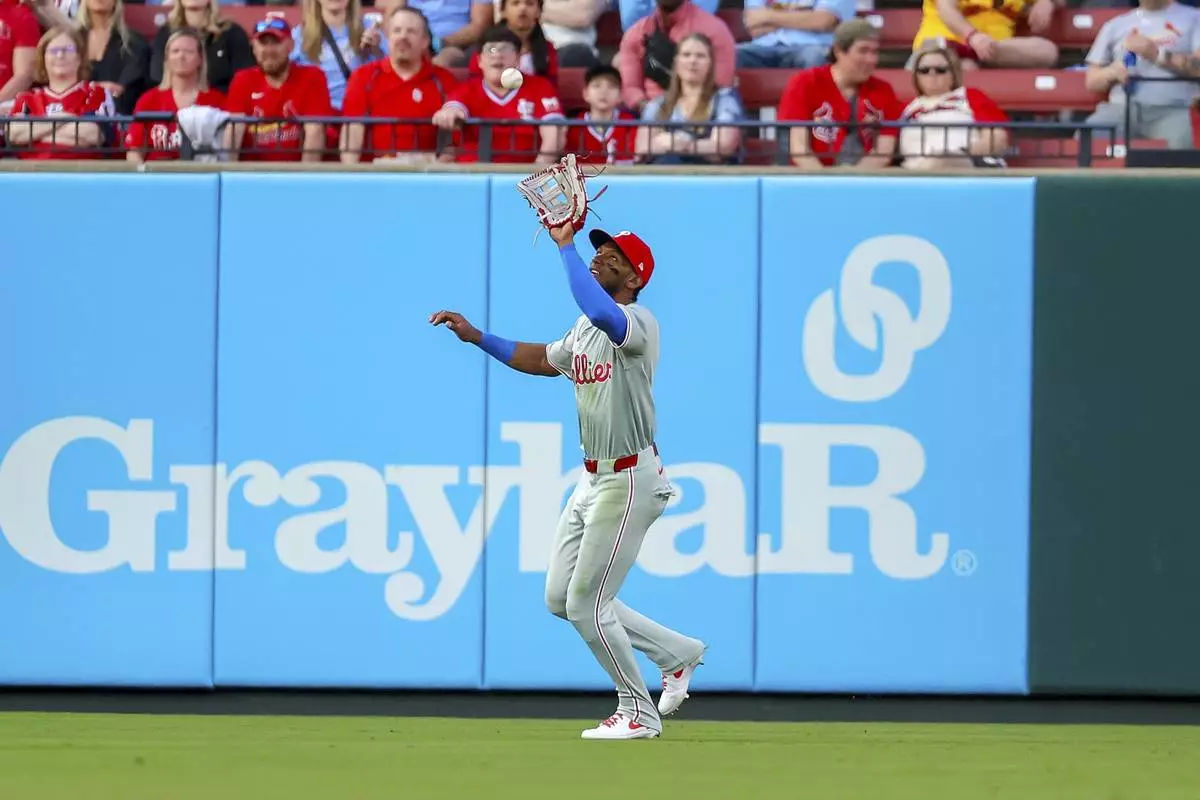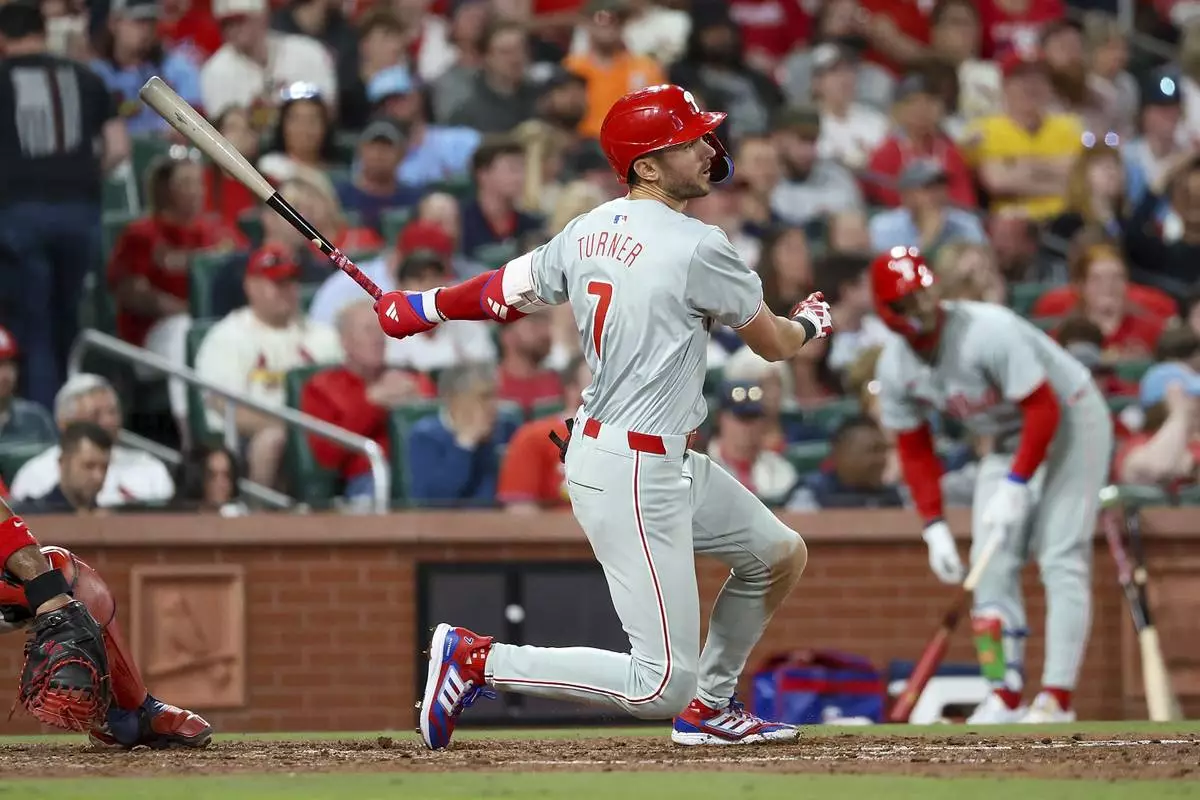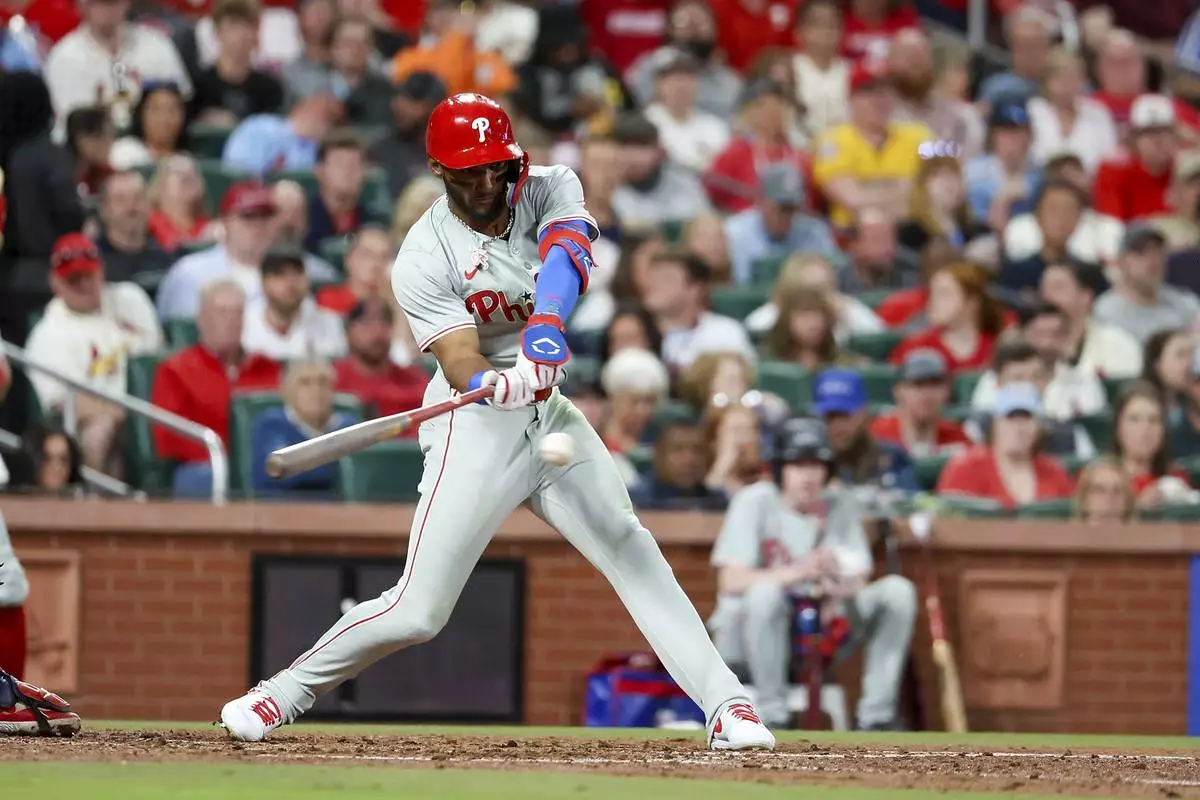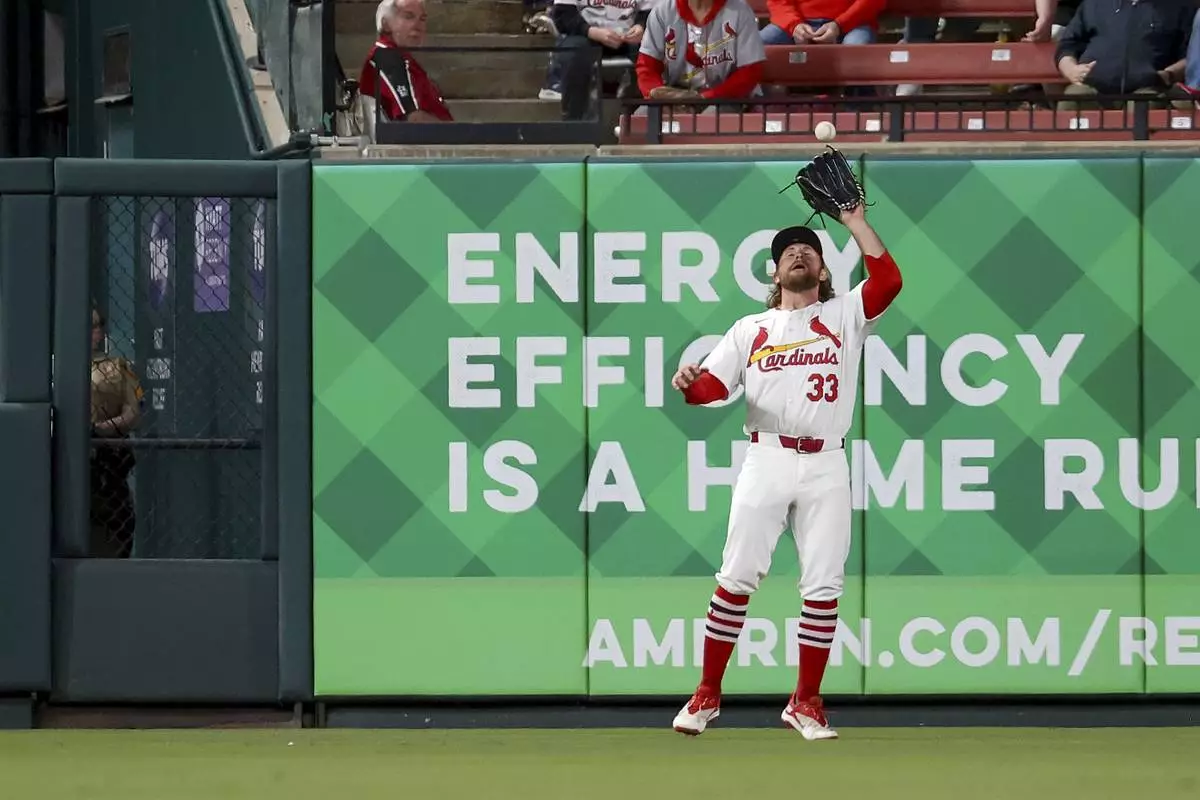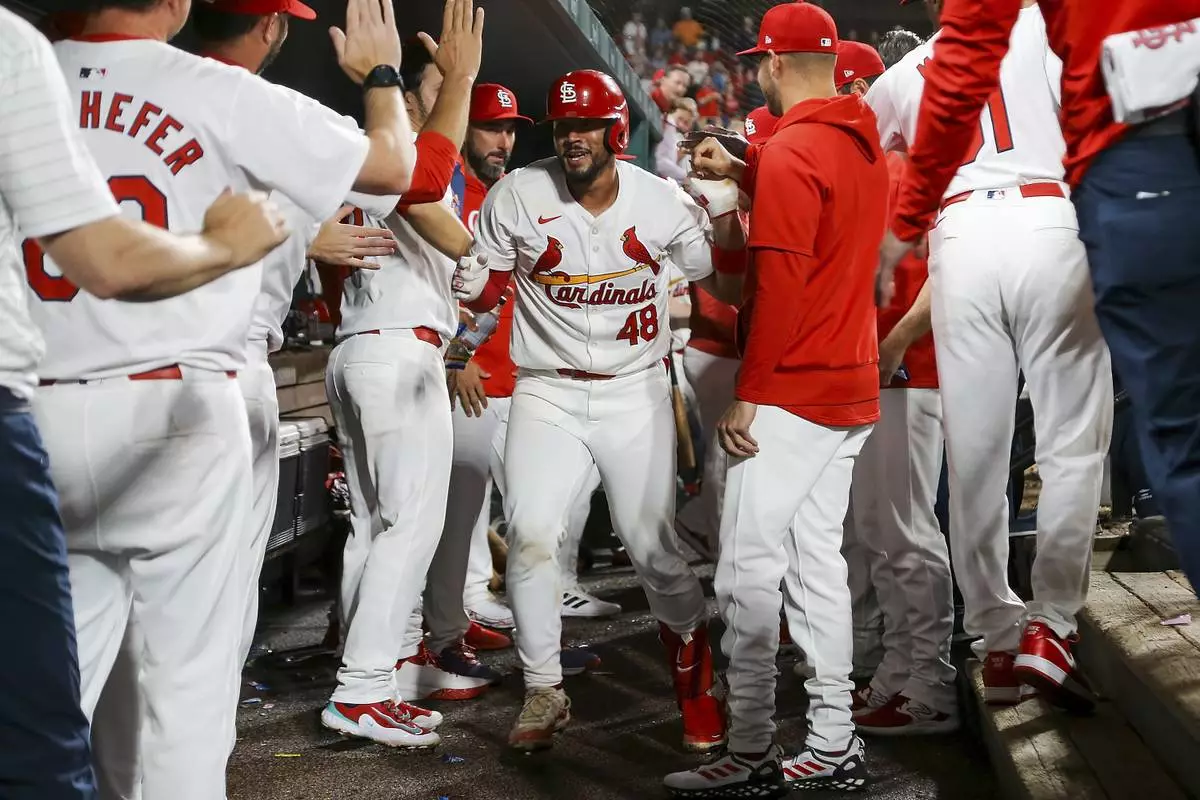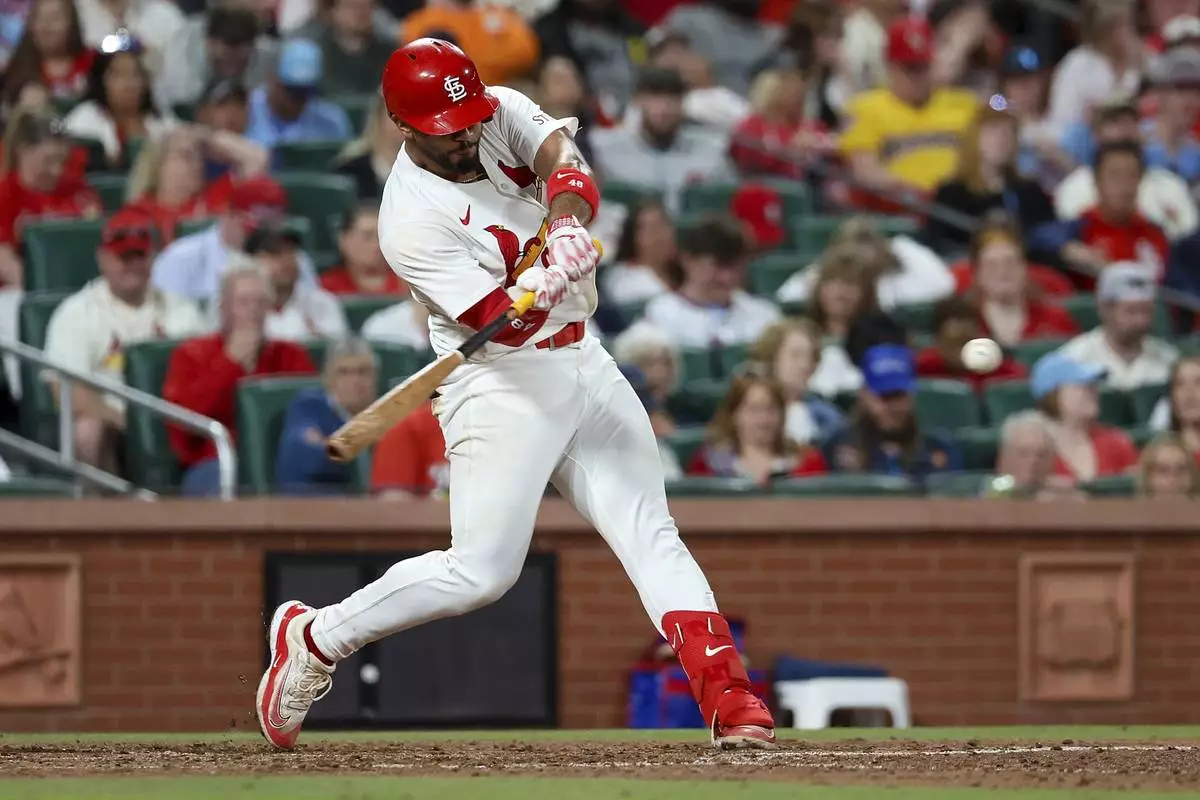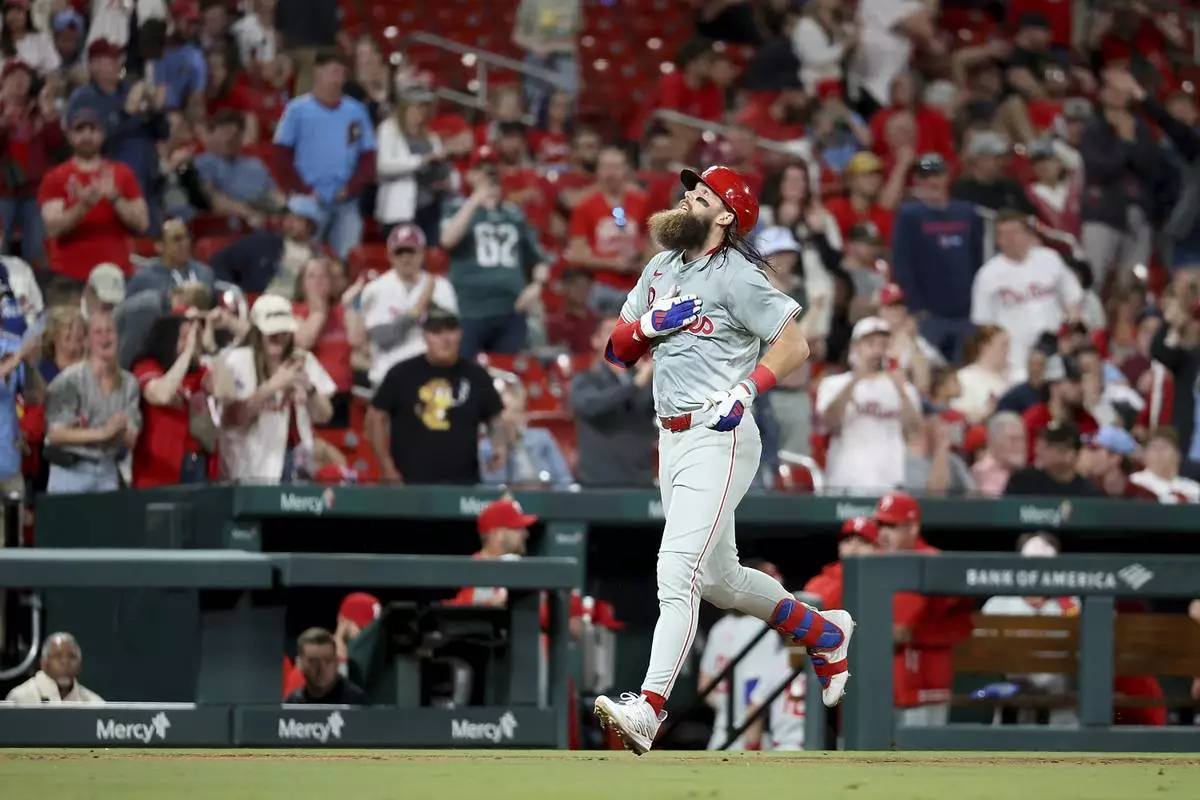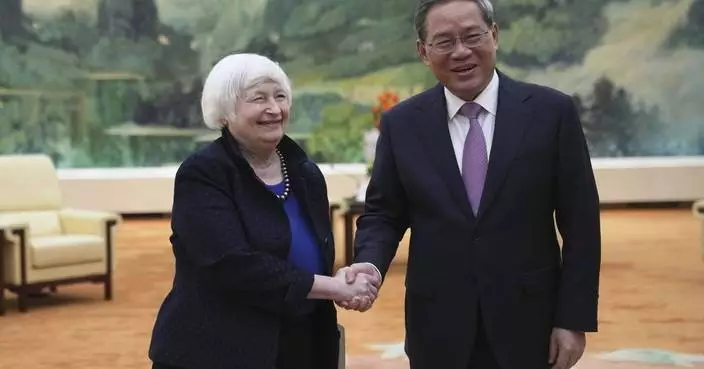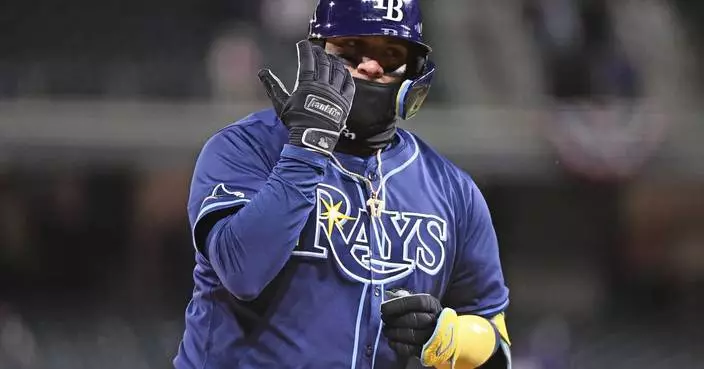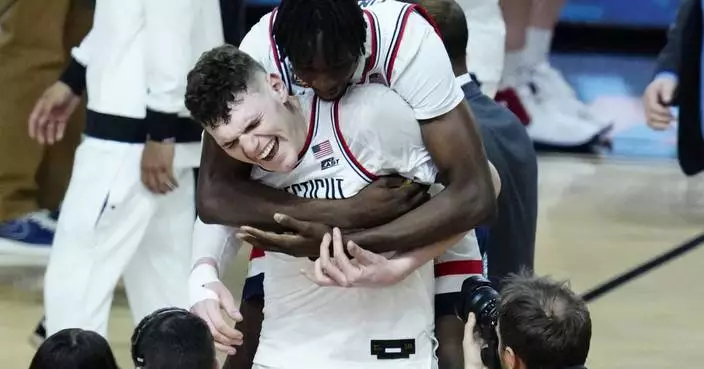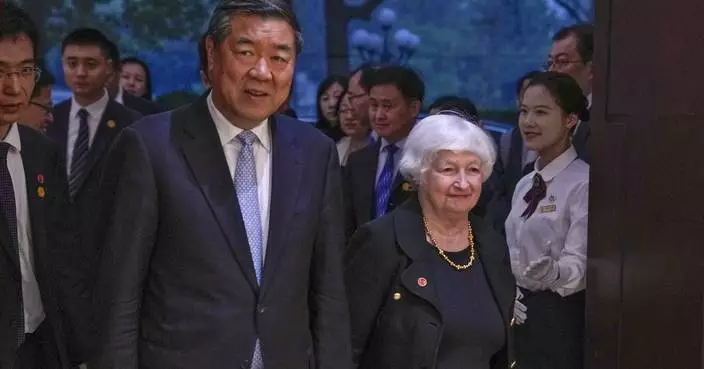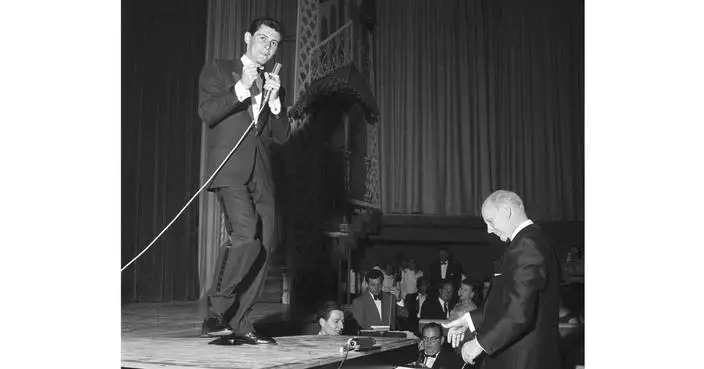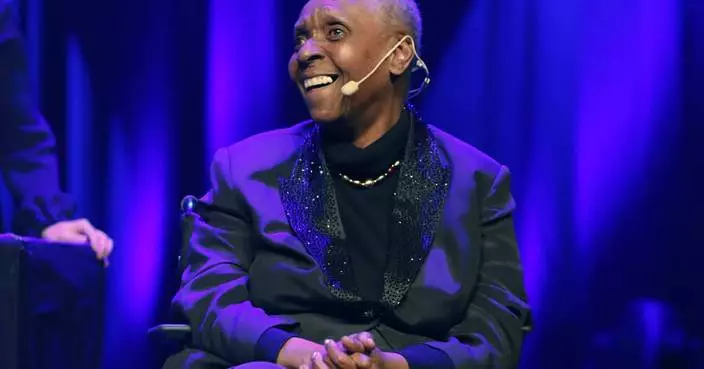People make poor economic choices. They don't save enough for retirement. They refuse to cut their losses on plummeting investments because they won't own up to mistakes. They buy houses and stocks when prices are high, thinking that what's going up today will keep going up tomorrow.
Richard Thaler of the University of Chicago Booth School of Business on Monday won the Nobel economics prize for documenting the way people's behavior doesn't conform to economic models that portray them as perfectly rational. As one of the founders of behavioral economics, he has helped change the way economists look at the world.
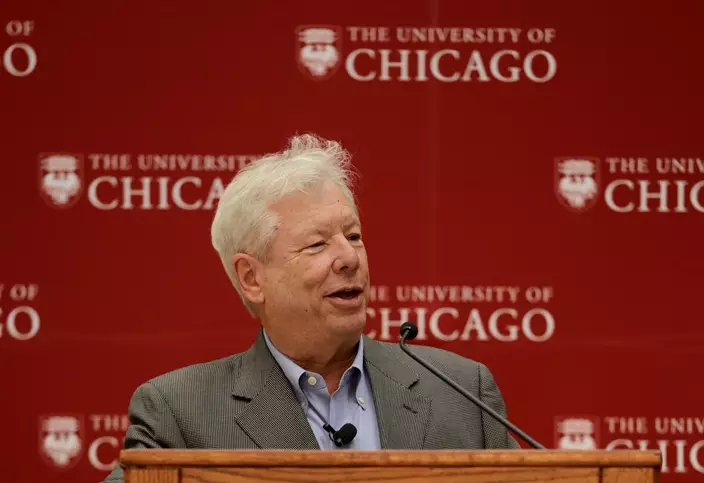
University of Chicago professor Richard Thaler speaks during a news conference after winning the Nobel economics prize Monday, Oct. 9, 2017, in Chicago. (AP Photo/Paul Beaty)
"Thrilling news," said Thaler's collaborator, Cass Sunstein of Harvard Law School. "He changed economics, and he changed the world."
Far from being the rational decision-makers described in economic theory, Thaler found, people often make decisions that don't serve their best interests.
Illogical human behavior has economic consequences: Baby Boomers haven't saved enough for old age. Americans kept buying houses even as prices soared in the mid-2000s, creating a bubble that burst and triggered the biggest economic downturn since the 1930s. To limit the damage, behavioral economists say, economic policy needs to take human foibles into account.
"I try to teach people to make fewer mistakes," Thaler told the Associated Press. "But in designing economic policies, we need to take full account of the fact that people are busy, they're absent-minded, they're lazy and that we should try to make things as easy for them as possible."
Thaler's work is grounded in day-to-day reality and connected to popular culture in a way that isn't always true of Nobel-winning economists. "He's made economics more human," said Peter Gardenfors, a member of the prize committee.
Thaler had a cameo alongside pop star Selena Gomez in the film "The Big Short" and once analyzed the flawed strategies of participants in the game show "Deal or No Deal." He's looked into how taxi drivers decide to spend their days and how school cafeterias should display their food.
Thaler won the 9-million-kronor ($1.1-million) prize for "understanding the psychology of economics," Swedish Academy of Sciences secretary Goran Hansson said Monday. He is the 13th Nobel-winning economist from the University of Chicago.
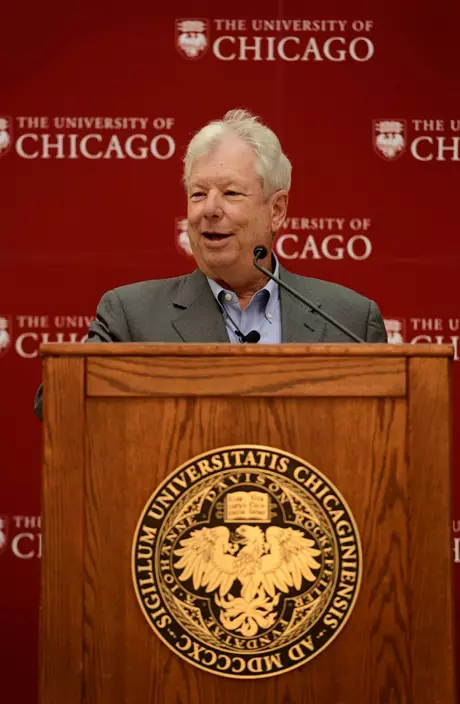
University of Chicago professor Richard Thaler speaks during a news conference after winning the Nobel economics prize Monday, Oct. 9, 2017, in Chicago. (AP Photo/Paul Beaty)
Oddly, the University of Chicago is closely associated with the classical economic views that Thaler has challenged. "There's nothing people like better at the University of Chicago than a good argument," Thaler says. In fact, Thaler is golfing buddies with an intellectual rival, Eugene Fama, the classical Chicago economist who won the Nobel in 2013 for arguing that financial markets are rational.
Asked in a news conference immediately the announcement what he planned to do with the prize money, Thaler joked that he intended to spend it "as irrationally as possible." '
Speaking with AP later, he said "in traditional economic theory, it's a silly question. And the reason is that money doesn't come with labels. So once that money is in my bank, how do I know whether that fancy bottle of wine I'm buying (is being paid for by) Nobel money or some other kind of money? The serious answer to the question is that I plan to spend some of it on having fun and give the rest away to the neediest causes I can find."
The irrational labeling of money is, in fact, part of Thaler's work. He's found that people's tendency to assign money to certain categories can lead to financial mistakes. For example, consumers might spend more they need to when they put, say, a new washing machine on a high-cost credit card because they don't want to tap money they've labeled as savings.
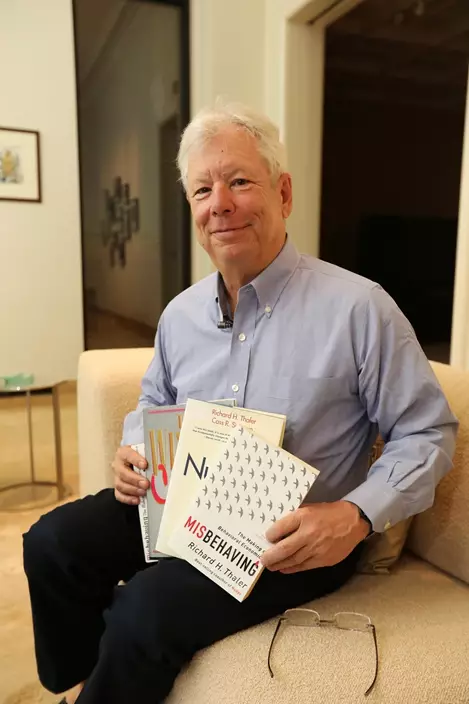
In this photo provided by the University of Chicago, Richard Thaler poses for a photo with his books at his home in Chicago after winning the Nobel prize in economics, Monday, Oct. 9, 2017. (Anne Ryan/University of Chicago via AP)
In one study, Thaler and his colleagues looked at how taxi drivers try to balance making money versus enjoying their leisure time. The driver might respond by setting a goal: Once his take from fares reaches a certain amount, he calls it a day. But that would mean that he works shorter hours when demand for taxis is high and longer ones when business is slow. If he took another approach, he could make more money working fewer hours — and there would be more cabs in the street when customers need them.
Thaler and other behavioral economists also found that people hold notions of fairness that confound classical economic expectations. They resent, for example, an umbrella peddler who raises prices in the midst of a downpour; traditional economists would say the peddler is just responding to increased demand.
Thaler says that kind of thinking can keep people from buying things they'd enjoy. A supporter of baseball's Chicago Cubs, Thaler suspects that some of his fellow fans will balk at paying higher-than-usual prices this week to see their team play the Washington Nationals in the playoffs this week. (He says he secured tickets for Tuesday's game "at a very reasonable price.")
But consumer attitudes also suggest there's a risk for companies that raise prices aggressively — even when it's seemingly justified by surging demand. The car service "Uber has learned this lesson or is in the process of learning it," he says. "When they surge-price during a blizzard in New York, that's not a smart business decision."
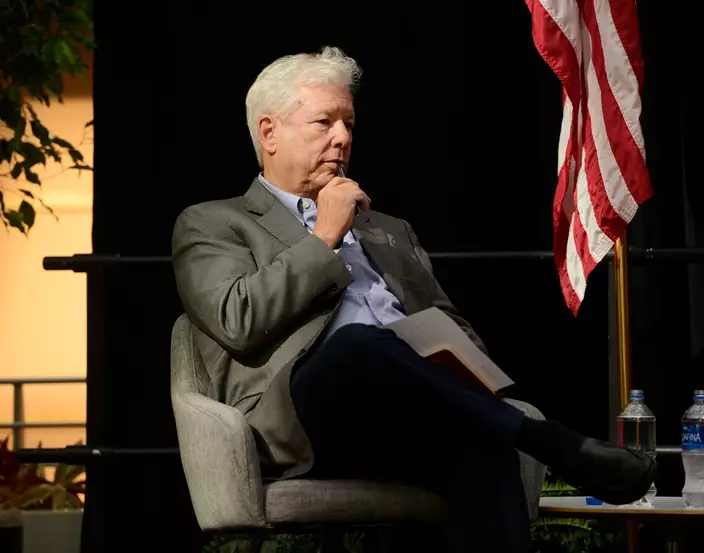
University of Chicago professor Richard Thaler sits during a news conference announcing Thaler as the winner of the Nobel economics prize Monday, Oct. 9, 2017, in Chicago. (AP Photo/Paul Beaty)
Thaler's research has implications for economic policy. In their 2008 "Nudge" book, Thaler and Sunstein suggested that policymakers find ways to coax, rather than coerce, people into making the right decisions.
They look at a school cafeteria. Suppose the cafeteria staff realized that students choose food based on the order in which it is presented. It would make sense, Thaler argues, for the school to put the healthiest food where kids would be most likely to grab it.
Some critics call such policies manipulative. But returning to the cafeteria example, Thaler argues that the food has to be displayed somehow; so why not choose the one that promotes good health?
Thaler says behavioral economics is nothing new. Adam Smith, author of the 1776 classic "The Wealth of Nations," dealt with behavioral issues back in the 18th century, including the need to control impulses and avoid overconfidence.
But after World War II, Thaler says economics became dominated by mathematical models. And those were easier to use if economists assumed that people acted rationally. The mathematical approach "caused some of the people in the profession to take those assumptions more seriously than they should have."
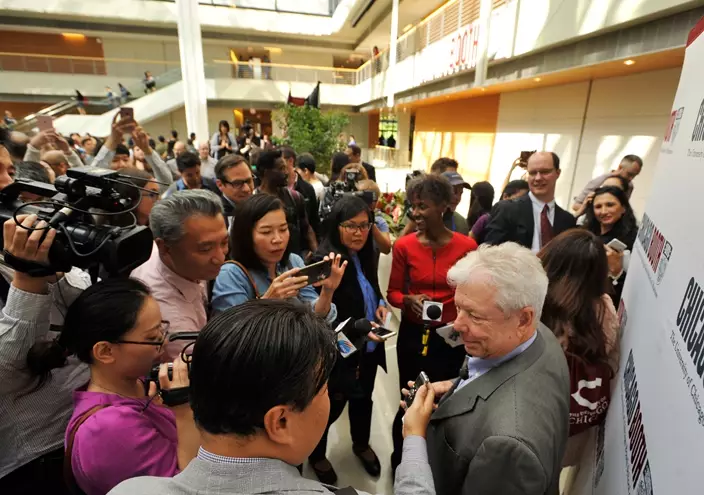
University of Chicago professor Richard Thaler talks with the media after winning the Nobel economics prize Monday, Oct. 9, 2017, in Chicago. Thaler won for documenting the way people’s behavior doesn’t conform to economic models. (AP Photo/Paul Beaty)
A series of financial crises, including the dotcom crash of 2000-2001 and the collapse of the American housing market in the mid-2000s, have put a dent in the view that people and markets are rational.
"Each crisis," he says, "has been good for behavioral economics."



